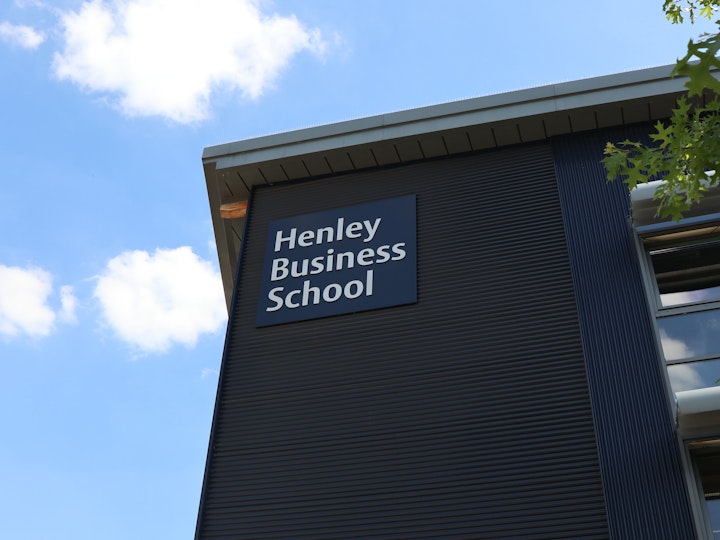Lunchtime Seminar - The Material Basis of Modern Technologies
International Business and Strategy Lunchtime Seminar Series
Presenter - Simona Iammarino

| Event information | |
|---|---|
| Date | 11 January 2023 |
| Time | 13:00-14:30 (Timezone: Europe/London) |
| Price | Free |
| Venue | Henley Business School, Whiteknights Campus |
Event types: |
|
You are cordially invited to attend an IBS lunchtime research seminar by Simona Iammarino, University of Cagliari, Italy, and London School of Economics & Political Science, UK. Please join us in Room 108, Henley Business School. If you have not received the email invite please email Angie Clark.
Please note: Lunch and refreshments will be provided. It is important that you confirm if you are attending in person to ensure enough catering is supplied on the day. If you have any dietary restrictions, please let us know as soon as possible.
Title: The Material Basis of Modern Technologies
Date: Wednesday 11th January 2023
Time: 13.00 – 14.15pm
Teams- A Teams link to the seminar is included for those who cannot attend in person (as per last year), however attendance in person is preferred.
Abstract
This presentation sets off from some recent and ongoing research aimed at exploring the link between critical raw materials and frontier technological innovation. By text mining USPTO patents, our research confirms that critical materials – including the so-called “conflict minerals” – play an increasing role as a material basis for technological progress (Diemer et al., 2022), highlighting that the dependence varies significantly across material types and technological areas (i.e. being particularly high in fields such as semiconductors, nanotechnology, green energy, etc.) (Li, Ascani & Iammarino, 2022). The presentation especially focuses on the relationship between three core sectors of renewable energy (RE) industry – Wind energy, Solar energy and Batteries – and the supply dynamics of selected rare metals (RMs) they depend upon, exploring the RE value chain and the geographical patterns of global RM supply. For 35 OECD countries we further examine how exogenous shocks to RM supply, in terms of international price dynamics, affect the RE industry development and technological innovation. The results indicate that RE product exports and patent output respond negatively to RM price increases. Whilst countries with support policies and able to produce a wide range of RMs are found to be more resilient to international RM price shocks, national technological capabilities fail to alleviate the impact of such shocks. These findings point to the irreplaceable nature of critical RMs in the RE transition, suggesting that limited access to RMs can become a bottleneck in achieving carbon reduction goals.


